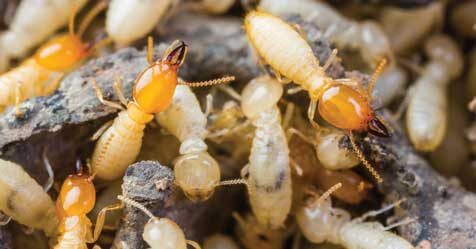Rare Human Case of ‘Flesh-eating’ Screwworm Identified in US
First U.S. human case of pain-causing parasite reported to be travel-related
A rare case of travel-related New World screwworm was identified in Maryland in a patient who traveled from El Salvador, according to the Department of Health and Human Services (HHS).
The Centers for Disease Control and Prevention and the Maryland Department of Health are investigating the case of the flesh-eating parasite, which was confirmed Aug. 4. The patient has recovered, Reuters reported.
This is the first human case of travel-associated New World screwworm myiasis (parasitic infestation of fly larvae) from an outbreak-affected country identified in the U.S. Though the HHS reported a very low risk to the public, the CDC described the infection as “very painful.” Health officials also reported no sign of transmission to other people or animals occurred.
An outbreak of New World screwworms—the larval form of a type of fly that’s known to nest in the wounds of warm-blooded animals and slowly eat them alive—has been spreading across Central America since early 2023, with infestations recorded in Belize, Costa Rica, El Salvador, Guatemala, Honduras, Mexico, Nicaragua, and Panama. The fly reached southern Mexico late last year, sparking concern among U.S. agricultural industry officials and triggering closures of border-area cattle, horse, and bison trading ports this year.
The parasite poses a significant threat to animal populations and the food supply. The U.S. mostly eradicated New World screwworm populations in the 1960s and 1970s by breeding sterilized males of the species. This month, the U.S. Department of Agriculture (USDA) announced it would construct a fly production facility in Edinburg, Texas, at Moore Air Force Base, that could produce up to 300 million sterile flies per week.
USDA also said it will also provide up to US$100 million for additional technologies, including traps and lures, therapeutics, and techniques that could bolster fly production. Moreover, the organization said it would employ mounted patrol officers known as “Tick Riders” for surveillance and would train screwworm detection dogs to search for outbreaks among livestock.
This month, HHS also issued an emergency declaration that allowed the Food and Drug Administration (FDA) more flexibility for animal drugs to treat and prevent New World screwworm infestations. No FDA-approved drugs for New World screwworm in the U.S. exist, but the declaration allows the agency to authorize drugs for emergency authorization.


